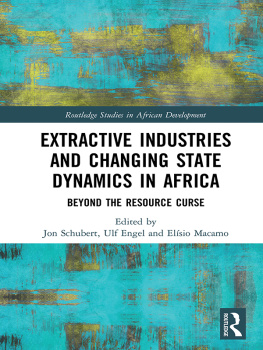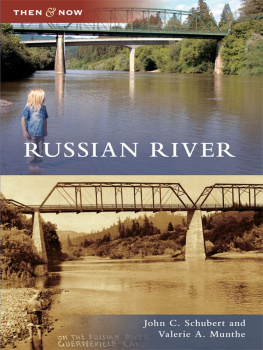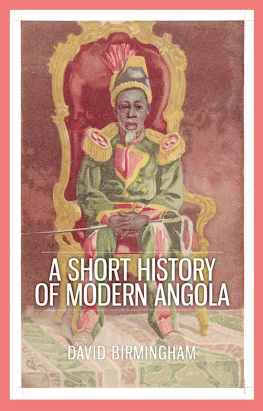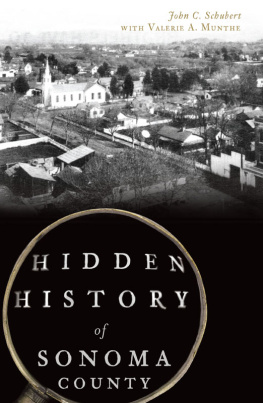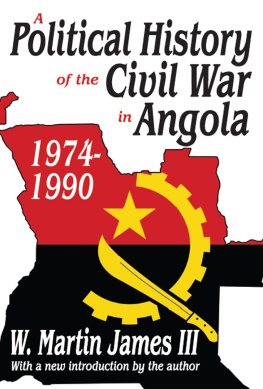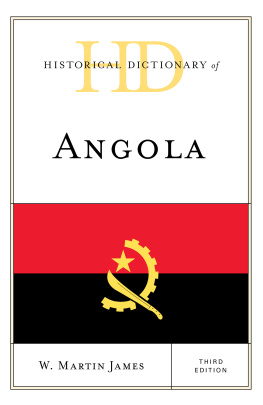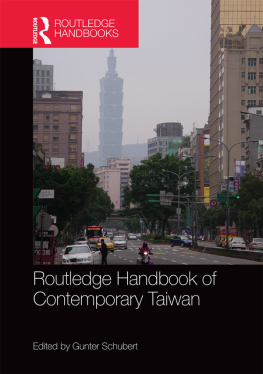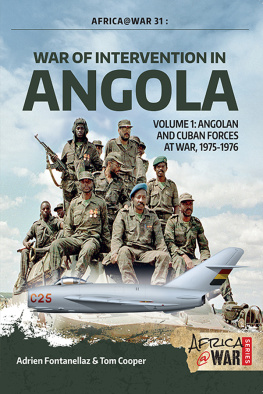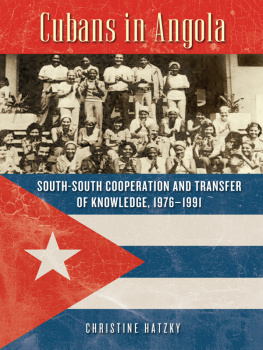Since the end of its civil war on 4 April 2002, Angola has often been cited as a paradigmatic case of illiberal peacebuilding, of successful postwar transition to economic recovery and formal, political liberalization, closely managed and tightly controlled by a neo-authoritarian, dominant-party regime. This book offers an empirically and analytically innovative perspective that challenges the Africa rising narrative pervading mainstream media reports of postwar Angola, and complicates the clientelist account of Angolan politics that predominates academic literature. It does so by privileging an ethnographic approach rooted in urban life, encompassing social strata commonly studied separately. This book seeks, in doing this, to delocalize the anthropological gaze and capture the radical social and spatial mobility of everyday life in Luanda.
How political authority and legitimacy are sustained in societies marked by socioeconomic inequality and political exclusion is a long-standing preoccupation in the social sciences. By working through the emic notion of the system (o sistema), this book pays attention both to material practices and symbolic repertoires mobilized in the coproduction of hegemony. For Angolans the system is simultaneously a moral ordering device, a critique, and a mode demploi for their current political and socioeconomic environment. The system is characterized by multiple internal tensions: between the stasis and speed of urban life, between blockages and mobility, between the past and the future, between memory work and selective amnesia, between fear and hope, and between the affects and aspirations of power. Through detailed analysis of the practices through which people work the system, and of the political imaginaries and discursive repertoires that make the system work, this ethnography looks at the myriad processes through which relationships between power and the people are constantly remade, renegotiated, and dialogically constructed. The analytical value of this notion of the system is that it avoids reproducing a simplistic distinction between state and society. By revealing the multiple linkages between these two spheres, we can think beyond resistance and complicity, drawing out a more subtle account of hegemony, beyond the cultivation of consent by the dominant.
Examining the functioning of the system through the eyes of its users, the book therefore builds on anthropologys critique of dominance as something produced by a group of select individuals, and investigates instead what it means and how it feels to live in and be part of such a polity. Its chapters explore the interweaving strands that make up this mutually dependent relationship: history and the disjunctures between official and affective memories, ideas of racial and class identities, the idioms of kinship, and the practices and symbolisms of money making. However, instead of reifying notions of memory, tradition, identity, or corruption as analytical concepts, this work shows how social actors mobilize and modify these idioms in their everyday interactions with power. Both in practice and in imagination, this New Angola is constituted as essentially urbanupwardly mobile and aspirationalwith rural areas left behind. Thus Luanda epitomizes both a lived reality and a political project that stands for the entire country, as well as a laboratory of the global, offering new insights into the politics of the everyday in dominant-party regimes in the twenty-first century.
A CKNOWLEDGMENTS
My gratitude goes first to my informants, who appear throughout this book, some anonymously and some named. Their willingness to share their stories and daily lives with me made this book possible and shaped my understanding of Angola. Their readiness to find time for me and my questions despite the hectic pace of life in Luanda and their multiple obligations and commitments, as well as their openness and generosity, still overwhelm me. You know who you are, and if the results of this book find their way back to Luanda in one form or another, still only a very small fraction of my debt to you will be repaid.
Anyone who knows Luanda also knows how impossible it is to get anything done without a functioning support network. I truly only got by with a little help from my friends. For their invaluable support during my fieldwork in Luanda, generous hospitality, unfailing help, and precious contacts in the administration; for boleias, broadband access, and little escapes; for lending me household items and novels, and sometimes even a car; for funge and wining and dining; for singing and dancing and inspiring conversations; and most of all, for their wonderful friendship and kindness, many thanks to Pedro Quinanga, Dee, Bea, Doby, Jerry, and Lauretta Geraldo, Hilla and Cavaliere Augusto Poma with Nico and Vittoria, Nuno Beja and family, Andrew Kempson and Kristina Nauer-Statham, Isidora Marcela, Nuno and Delphine Burnier Macedo, Branca Gonalves, Adelina Rosa, Snia Dias Serro, Katiana da Silva, Hendrik Selle, Lioba Gansen, Rita Soares, Vineira Kongo, Bento de Jesus, Isilda Hurst, Pedro Chamangongo, Oliver Dalichau and Alfons llenberg, Helena Marinho, Machteld Catrysse and Job Beeckmans, Cristin Castro, Tnia Manso de Oliveira, Jos Tiago Catito, Helga Borges Silveira, Murielle Mignot, Julia and Allan Cain, Cristiano Makiese, Elad Strohmeyer, Rev. Jos Antnio, Rev. Jernimo Panda, Rev. Alberto Daniel, Rev. Gonalves Augusto Damba, Rev. Pedro Antnio Malungo and Dona Nomia, Amb. Giancarlo Fenini, Dr. Jlio Mendes, Dra. Ginga Neto, Dr. Cornlio Caley, Dra. Alexandra Aparcio, Dr. Francisco Dias Costa, Dra. Irene Neto, Gen. Peregrino Wambu, and Dr. Manzambi Vuvu Fernando.
Several Angolan institutions and associations facilitated the fieldwork that forms the basis of this book, in terms of affiliation, sponsorship of the research visa, access to information, and general support: Ministrio da Cultura, Arquivo Nacional de Angola, Museu de Antropologia, Fundao Agostinho Neto, Fundao 27 de Maio, and Development Workshop Angola.
The other essential precondition for doing research, especially in Luanda, is money. Despite the deteriorating funding climate, I was extremely fortunate to always obtain the next grant before the situation got really desperate. I am thus truly grateful to the following funding bodies which, with their generous and timely support, helped finance my research: the School of Social and Political Sciences, University of Edinburgh; Theodor Engelmann-Stiftung, Basel; Janggen-Phn-Stiftung, St. Gallen; Bolsa Rui Tavares, Lisbon; and Het Familie Heringa Vereneging, Utrecht. A postdoctoral fellowship of the German Research Foundations Priority Programme SPP1448 at the University of Leipzig allowed me to make the necessary revisions and finalize the manuscript.
I thank Joost Fontein and Sara Rich Dorman at the Centre of African Studies, University of Edinburgh, for their concise, frank, open, and insightful feedback and critique, as well as their targeted encouragement. Their input at various stages of my thinking process was very inspiring, and their counsel on academic life was most welcome. Ramon Sarr and Jos-Maria Muoz were the first reviewers of this book and have provided critical fresh input and much-appreciated support ever since.
At Cornell University Press, Jim Lance believed in this book from the beginning and has, with enthusiasm, grace, humor, and very hands-on advice, helped me move this book from the manuscript stage through the review and revision process to its final form. Marissa Moorman and Ricardo Soares de Oliveira were intellectual polestars from my earliest academic engagement with Angola and became fantastic supporters of this book. Their insightful comments helped me refine some of my arguments in the final stage of revisions.


